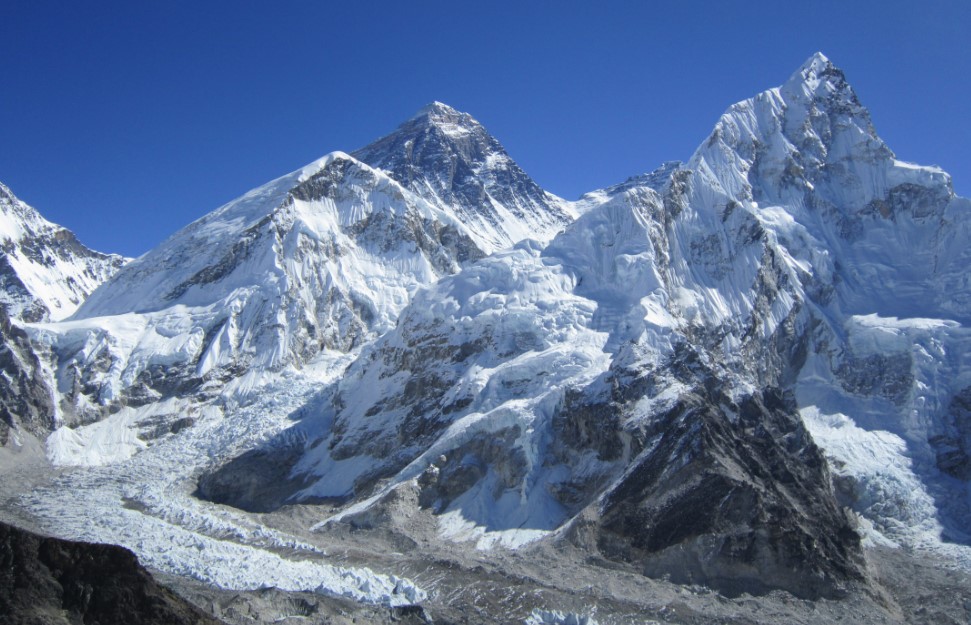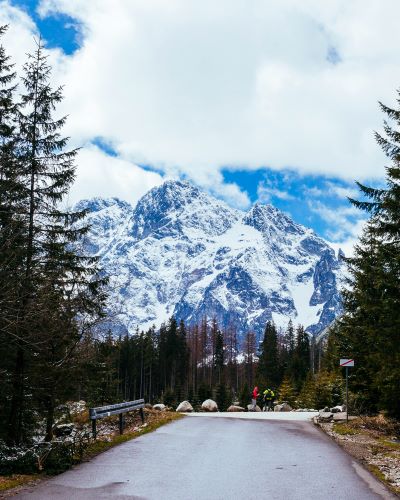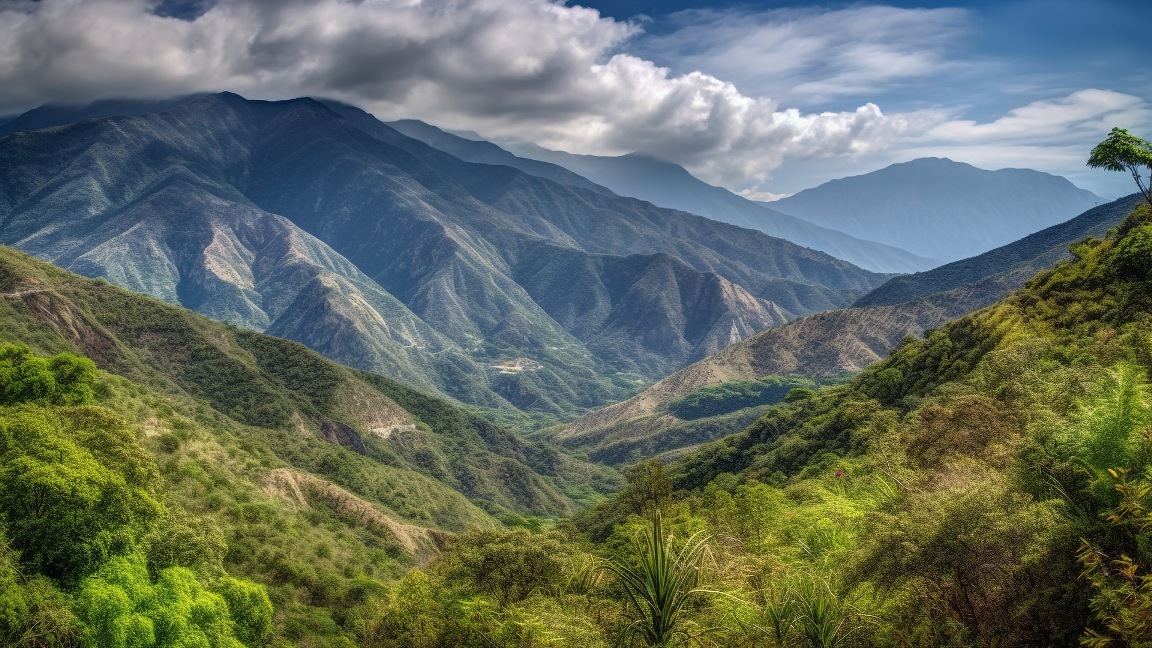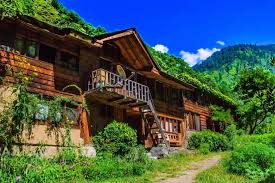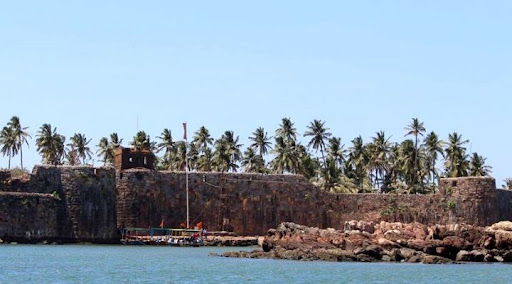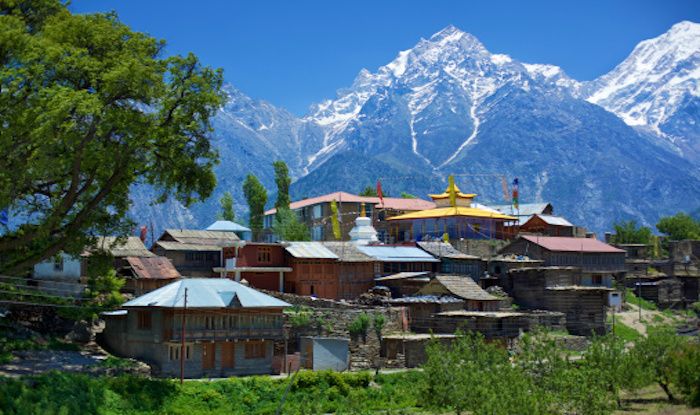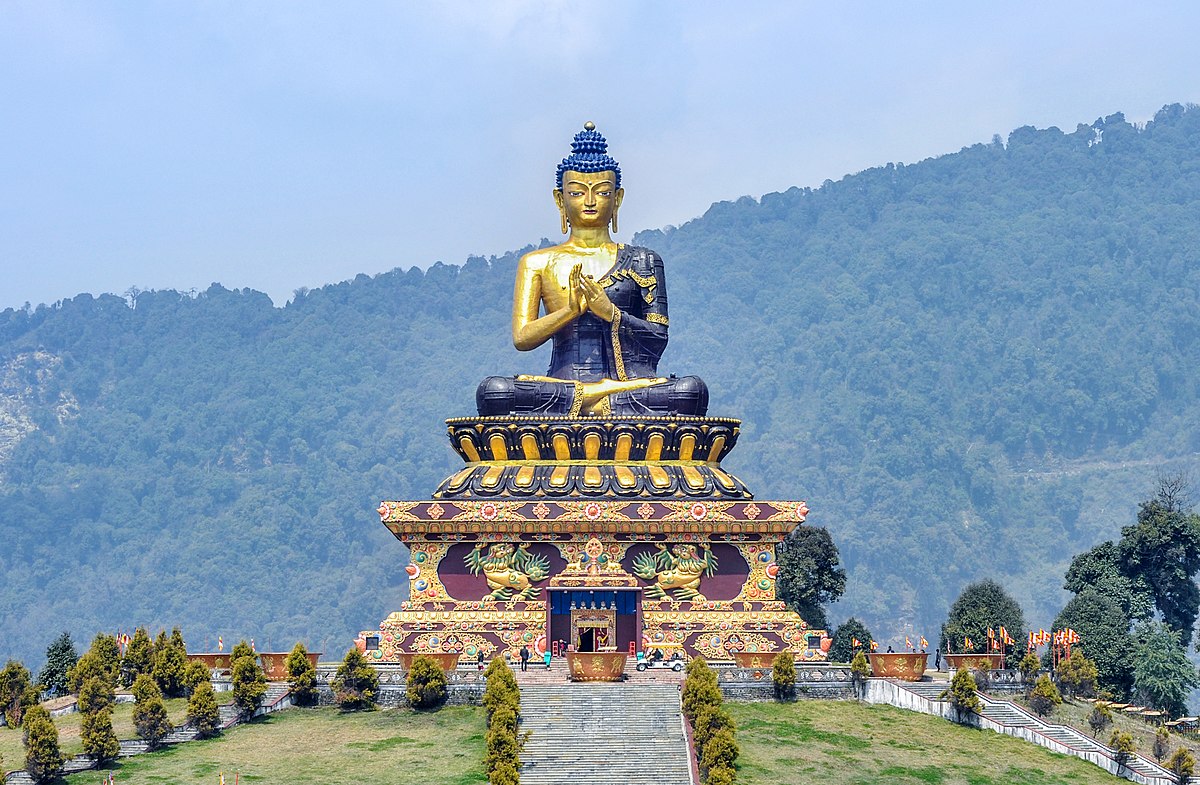- The Everest Base Camp (EBC) trek is challenging, often underestimated in terms of physical and mental demands. Trekkers typically hike for 6-7 hours daily at high altitudes, which can be taxing even for those in good shape.
- Proper acclimatization is essential to avoid altitude sickness. Spending adequate time at lower altitudes, particularly in Namche Bazaar (3,440m), helps the body adjust. It is recommended to spend at least three nights there before continuing the ascent.
- It is advisable to trek with a guide for safety and support. Guides can help navigate the terrain, manage altitude sickness, and provide a sense of security. They also ensure accommodations are secured in teahouses along the route.
- Staying hydrated is critical in the low-oxygen environment of the Himalayas. Trekkers should aim to drink about 4 liters of water daily to maintain health and energy levels.
- Proper gear is vital. Essential items include a winter sleeping bag, trekking boots, and moisture-wicking clothing. Avoid cotton, as it retains moisture and can lead to discomfort.
- Nutrition plays a significant role in trekking success. It’s important to consume balanced meals for energy. Some trekkers recommend avoiding meat after a few days due to food safety concerns, as meat is transported along the same trails.
- Understanding the effects of altitude is crucial. Symptoms of altitude sickness can include headaches, nausea, and fatigue. Trekkers should listen to their bodies and communicate any issues to their guides.
- The trek offers a unique cultural experience, with opportunities to interact with local Sherpa communities and visit significant sites like Tengboche Monastery and the Sherpa Museum in Namche Bazaar.
- The ideal trekking seasons are pre-monsoon (March to May) and post-monsoon (September to November) when weather conditions are generally favorable for trekking.
- The EBC trek has faced challenges such as overcrowding and pollution. Trekkers are encouraged to practice responsible trekking by minimizing waste and respecting local customs.
Ten things to know about Everest Base Camp trek
Trekkers typically hike for 6-7 hours daily at high altitudes.

